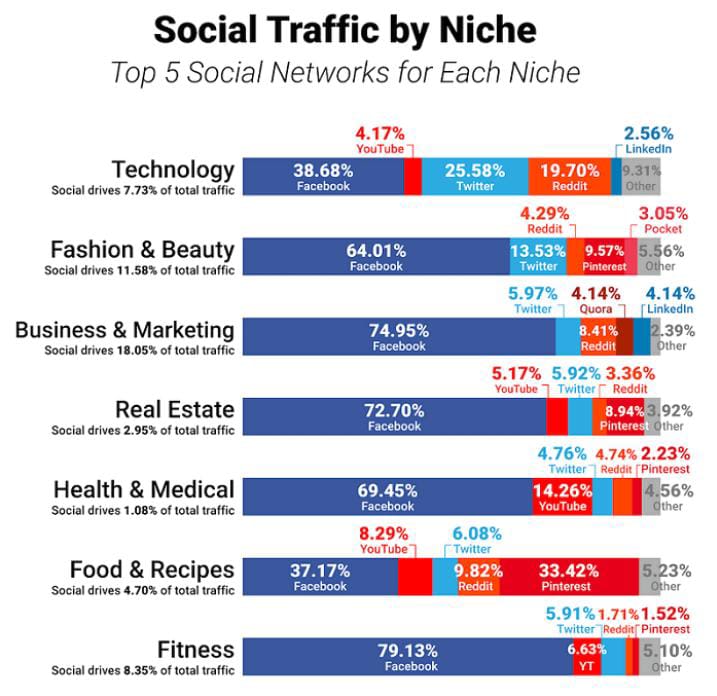
If you lead growth or technology anywhere in the world and Nigeria is on your roadmap, good news: the opportunity is massive, and still under-tapped. Nigeria started 2025 with 107 million internet users and 38.7 million social media user identities. That’s a mobile-first audience hungry for useful, local, and trustworthy experiences.
Also worth noting: Google handles ~98–99% of searches in Nigeria. This means that if you get your content and link fundamentals right for Google, you’re visible to almost the entire search market.
Below is a crisp playbook for compounding traffic in Nigeria (and, frankly, similar high-growth markets) using three levers: content, links, and social media.
1) Content: ship “people-first” answers, not just keywords
Google continues to repeat one principle: build helpful, reliable, people-first content. That means aligning with user intent (informational, transactional, local) and solving the job quickly and credibly. In practice: answer the question upfront, support with data or examples, and make it easy to skim on a phone.
Here are smart content tips:
- Write for mobile attention. Use tight introductions, scannable headings, and short paragraphs. Median mobile download speeds in Nigeria are still improving—fast pages and lightweight media matter.
- Localise problems, not just language. “How to register a business in Lagos,” “SME logistics costs in Port Harcourt,” or “Paystack vs. Flutterwave: fees and settlement times”—these beat generic how-tos every time.
- Structure for findability. Clear titles, descriptive URLs, and internal links that map topics together help both users and crawlers understand your site. Google’s own guidance emphasises understandable URLs and sensible site structure.
Quality signal checklist: show expertise (original data, quotes from local operators), demonstrate experience (screenshots, demos, case snippets), and keep pages fresh when policies, fees, or regulations change. That set of “is this genuine and useful?” signals tends to outperform thin content over time.
2) Links: earn trust with smart internal linking and reputable mentions
Links remain a discovery and relevance signal. Internally, links help Google (and people) understand which pages are most important. Externally, editorial mentions from credible sites validate your authority. Google’s link best-practices doc is straightforward: make links crawlable, use descriptive anchor text, and link when it helps users.
Do more of this:
- Topic clusters + internal linking. Build a definitive page (e.g., “Ecommerce Logistics in Nigeria”) and interlink supporting pieces (courier SLAs, warehousing costs, returns). Use anchor text that describes the destination (“last-mile delivery costs”), not “click here.”
- Local authority links. Contribute practical insights to respected Nigerian publications, business associations, developer communities, and university labs. One or two strong, relevant links are worth more than dozens of weak ones.
Avoid these (seriously): buying links, large-scale guest-post swaps, or low-quality directory spam. Google treats link schemes as spam and can apply manual actions. The short-term bump isn’t worth the long-term risk.
3) Social media: amplify discovery and feed your search engine
In Nigeria, social media is not just a brand channel; it’s a discovery engine. Facebook’s ad reach aligns with those 38.7M social identities, YouTube can reach ~27M, and TikTok’s ad reach is ~37M. Even if you’re B2B, these platforms are where attention concentrates; use them to seed content, earn links, and generate branded search.
Playbook to turn social media into steady traffic:
- Publish native, link back sparingly. Lead with a short insight or chart in-feed; then offer the “read more” for those who want depth. This respects the platform while still driving qualified clicks.
- UTM everything. Tag social posts and creator mentions so you can see which topics, formats, and partners actually deliver sessions and conversions.
- Creators and communities. Co-create explainers with respected Nigerian operators (fintech, ecommerce, logistics). One credible collab can outperform weeks of brand-only posts.
- Video summaries. A 60–120s video that tees up the core finding of your longer article boosts completion on mobile and raises share rate, especially on YouTube and TikTok, both with meaningful reach in Nigeria.
Pro tip: social doesn’t just send traffic today; it improves tomorrow’s search visibility by earning branded queries and organic mentions that, over time, translate into stronger search performance.
Execution blueprint (you can run this next sprint)
- Choose one growth theme (e.g., “Payments for Nigerian SMEs”).
- Ship a definitive guide (2,000–3,000 words), plus 4–6 supporting posts answering focused questions (fees, chargeback rules, settlement timelines). Tie them together with clear internal links and helpful anchor text.
- Publish a one-pager for social media with your core insight and a shareable chart; post platform-native versions on Facebook, YouTube (Shorts), LinkedIn, and TikTok.
- Pitch two local authorities (trade groups, tech media, university labs) for a data-driven guest analysis—aim for one editorial backlink that genuinely helps their audience. Avoid anything that smells like paid link placement.
- Claim and optimise your Google Business Profile if you operate locally (hours, categories, services, photos, reviews). Local ranking depends on relevance, distance, and prominence, so be complete and active.
- Measure weekly: impressions/clicks in Search Console for your cluster, session quality in Analytics, and assisted conversions from social (UTMs). Keep what compounds; prune what doesn’t.
Why this works in Nigeria (and similar markets)
- The audience is large and mobile-first, so fast, clear content wins attention and links.
- Google’s dominance simplifies your SEO focus—optimise for one ecosystem and you reach nearly everyone searching.
- Social platforms have meaningful paid and organic reach; done right, they boost brand demand and indirectly fortify search visibility.
Bottom line: treat content as your product, links as earned trust, and social as your distribution engine. Do those three consistently, and traffic in Nigeria doesn’t just rise, it compounds.